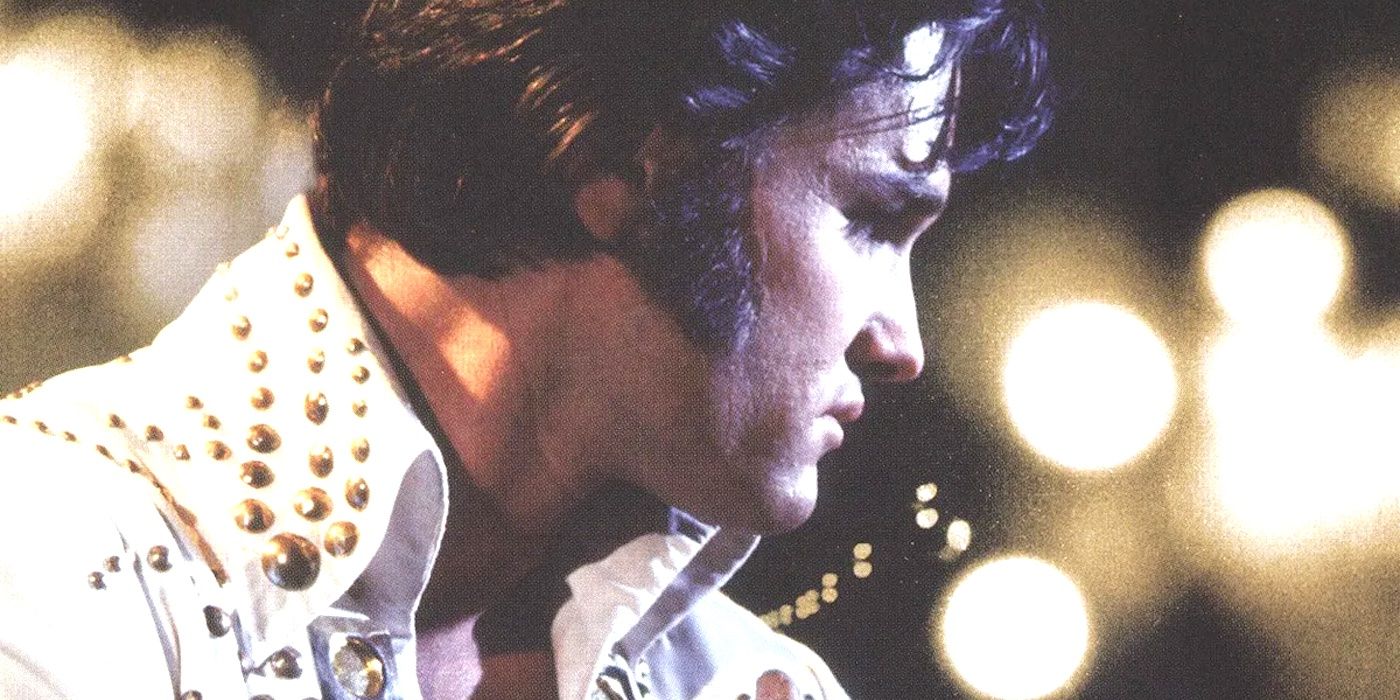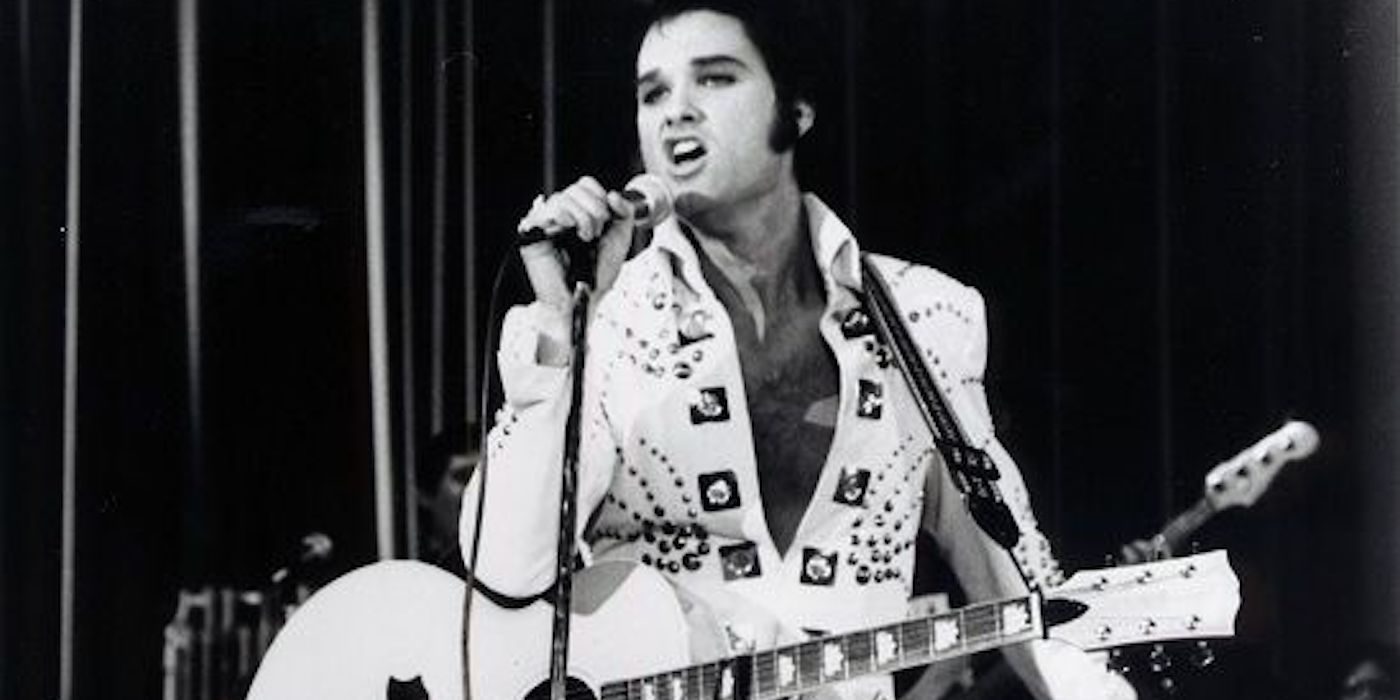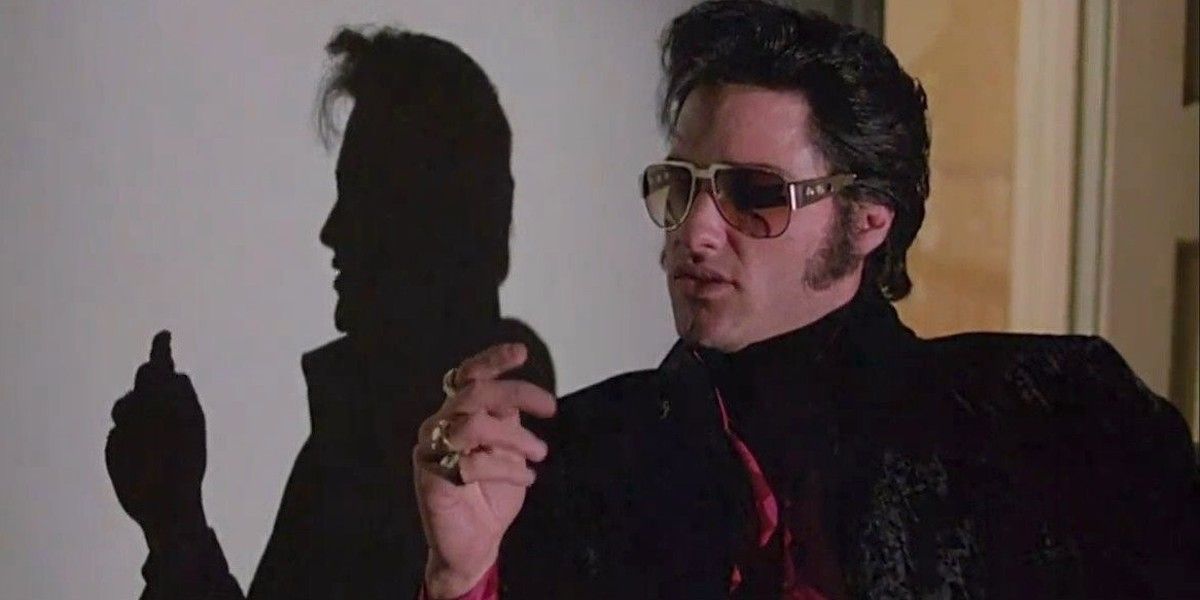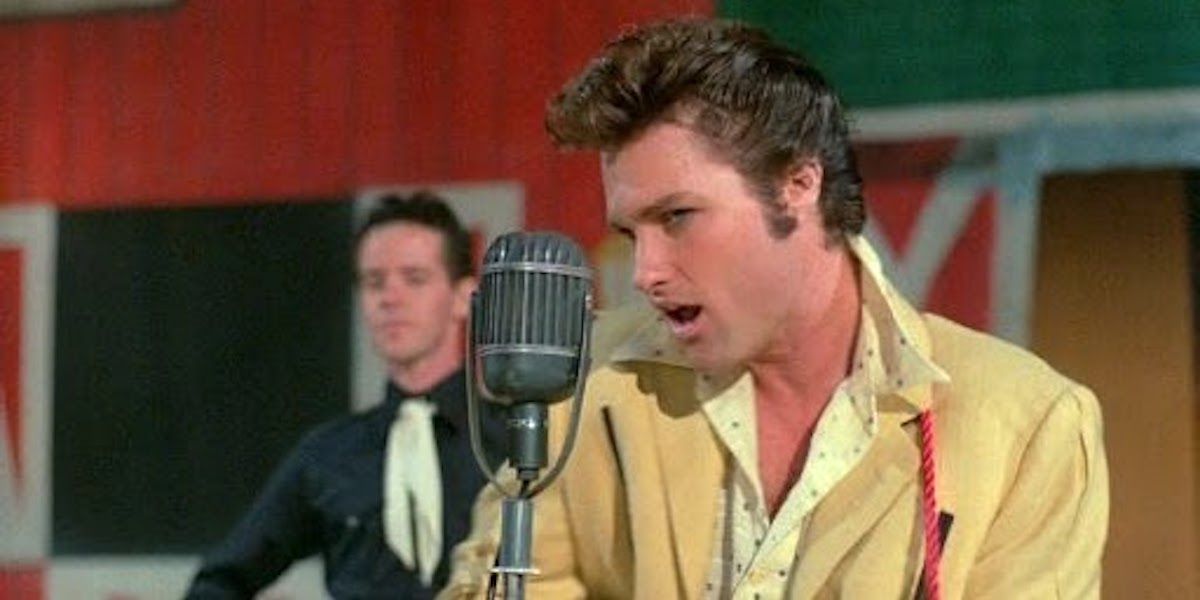You could describe the work of John Carpenter by many different words. “Sentimental” isn’t one of them. Carpenter is perhaps the most purely genre filmmaker of his generation, his concepts stripped down to their barest fundamentals. The type of schmaltzy romanticism of many current blockbusters is almost absent altogether from Carpenter’s work. This is particularly true of his favorite leading man, Kurt Russell.
Russell was a unique alternative to 80s action stars like Arnold Schwarzenegger and Sylvester Stallone. He was willing to be vulnerable, morally ambiguous, and completely cynical. None of Russell’s characters are trying to win the audience’s favor. Escape From New York’s Snake Plissken is an anarchic criminal, The Thing’s R.J. MacReady is often overshadowed by his co-stars, and Big Trouble In Little China’s Jack Burton is a complete buffoon. It’s ironic that Russell and Carpenters’ first collaboration was on the earnest, paint-by-numbers television biographical film Elvis.
Even if Elvis feels like an outlier, it showed the type of “Old Hollywood” approach that Russell and Carpenter latched on to. Their work together has often been compared to John Wayne and John Ford. Snake, R.J., and Jack are all lonesome gunslingers in their own way. They only inadvertently become heroes. The same could be said about Elvis Presley. He was a poor kid from the slums that took the world off guard with his provocative attitude. Carpenter and Russell peeled back the legacy of the loneliest American icon.
Everybody knows who Elvis is, so Russell had to deliver more than just an impression. The performance acknowledges Elvis’s legacy within the film's opening scene. In the moments before his comeback, Elvis prepares for the iconic Las Vegas show in 1970 that was captured in the famous documentary Elvis: That’s The Way It Is. Even someone with the barest knowledge of Elvis’ history knows where this ultimately leads. His short resurgence peaks early when the beloved legend dies at age 42 in 1977.
This sets the film up as a tragedy from the very beginning, but it also tells you everything you need to know about what drives Elvis’s character. Elvis earned the “rebel” moniker early on, and Carpenter makes more than a few references to James Dean’s performance in Rebel Without A Cause. The opening scene shows that even at the end of his life, Elvis was up against impossible odds. Television commentators cast doubts about his upcoming performance. He’s considered a “has been” at this point. It doesn’t matter if Elvis is a goofy kid performing at a school concert or an international superstar hitting the heights of Las Vegas; he goes into every show with something to prove.
Russell’s young and earnest performance is only unusual compared to the rest of his collaborations with Carpenter. The rare Carpenter films that genuinely tug at the heartstrings, such as Starman and Christine, are the ones where Russell is absent. Snake, R.J., and Jack aren’t given the benefit of a tragic backstory, but Carpenter spends a majority of Elvis’ first hour dedicated to “The King’s” humble beginnings in Mississippi. A young Elvis (Randy Gray) mourns the death of his brother Jessie, and tries to support his family amidst financial struggles. Elvis is mocked by particularly cruel school bullies (a Carpenter trademark) for his goofy hair.
This isn’t as much about courting the viewer’s sympathy as it is showing how in control Elvis is of his own image. A scene dedicated to Elvis perfecting his hair in his high school bathroom shows that before he even hit the stage, “The King” always had a definitive idea of what he wanted to look like. The only doubts that Elvis has are on how he will be perceived. When he receives a rapturous response at his school’s talent show, it catches him completely off guard.
Carpenter is dutifully respectful of the facts, but still allowed himself to indulge a little bit. Regardless if he’s making a dystopian thriller like Escape From New York or a chilly isolation thriller like The Thing, Carpenter sures loves his iconography. He spends extensive time in Elvis showing the vast Americana landscapes, the wild Vegas nightclubs, the electrifying recording booths, and the disorganized American military operations.
However, this doesn’t mean that Carpenter and Russell were looking back at “The King” with rose-tinted glasses. Elvis acknowledges the controversies in the singer’s life; his relationship with Priscilla (Season Hubley) is problematic, and he’s often cruel towards those who are trying to give him support. Elvis also showed that Carpenter was a slightly more subversive filmmaker than general audiences were capable of understanding at the time. Carpenter drops a few tongue-in-cheek hints about Elvis’ Oedipal complex with his mother, Gladys (Shelley Walters).
Even when working under the constraints of an ABC budget in the late 1970s, Carpenter and Russell proved that they could make the most out of a familiar genre. Unfortunately, Elvis hasn’t been given the proper re-release that it deserves. Outside of a Shout! Factory Blu-Ray, Elvis is largely absent from both the streaming world and cultural reconsiderations of Carpenter’s work. Carpenter and Russell took a familiar premise, and embellished it with their unique personalities. Elvis is the hidden gem of their partnership.




